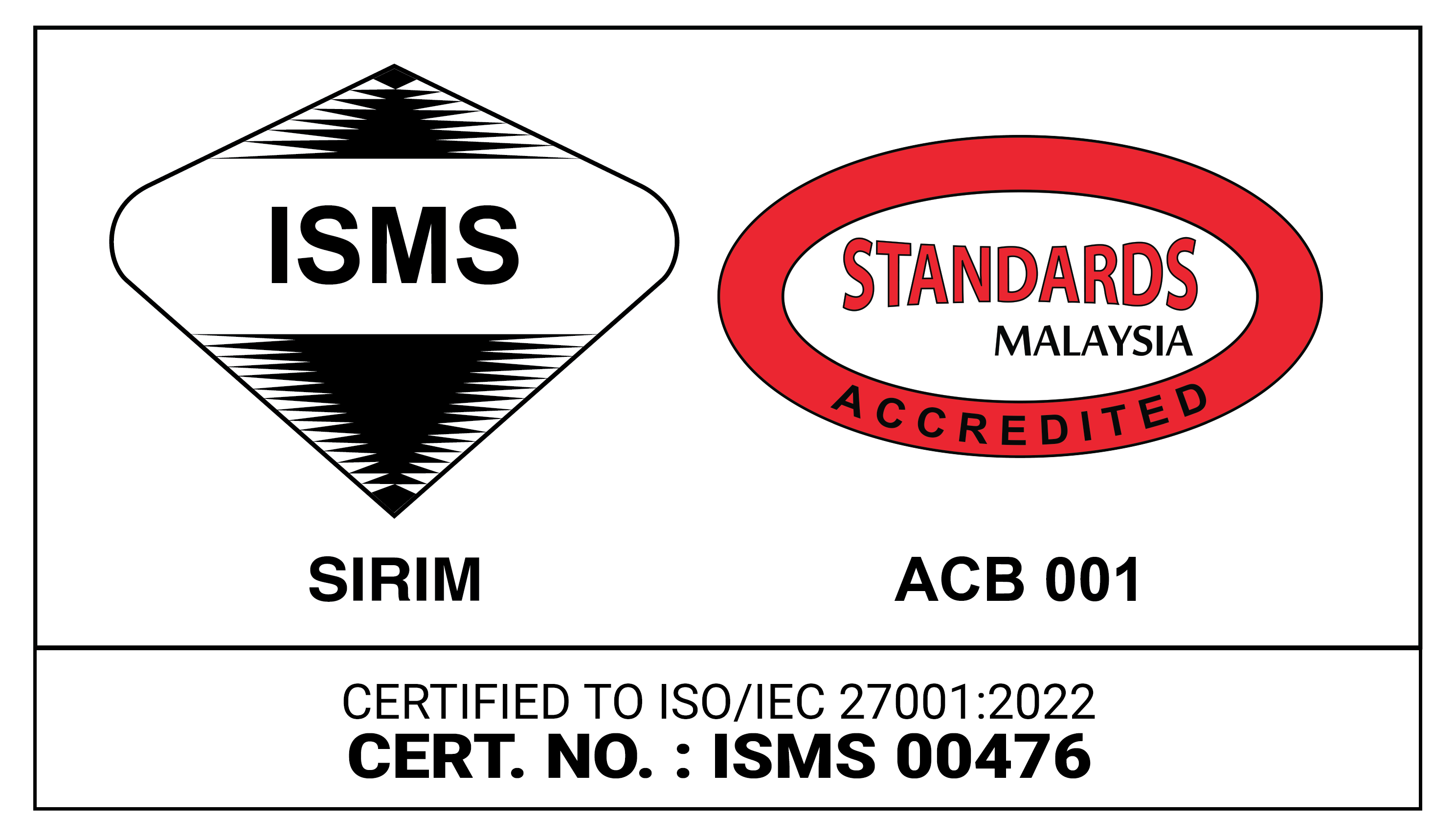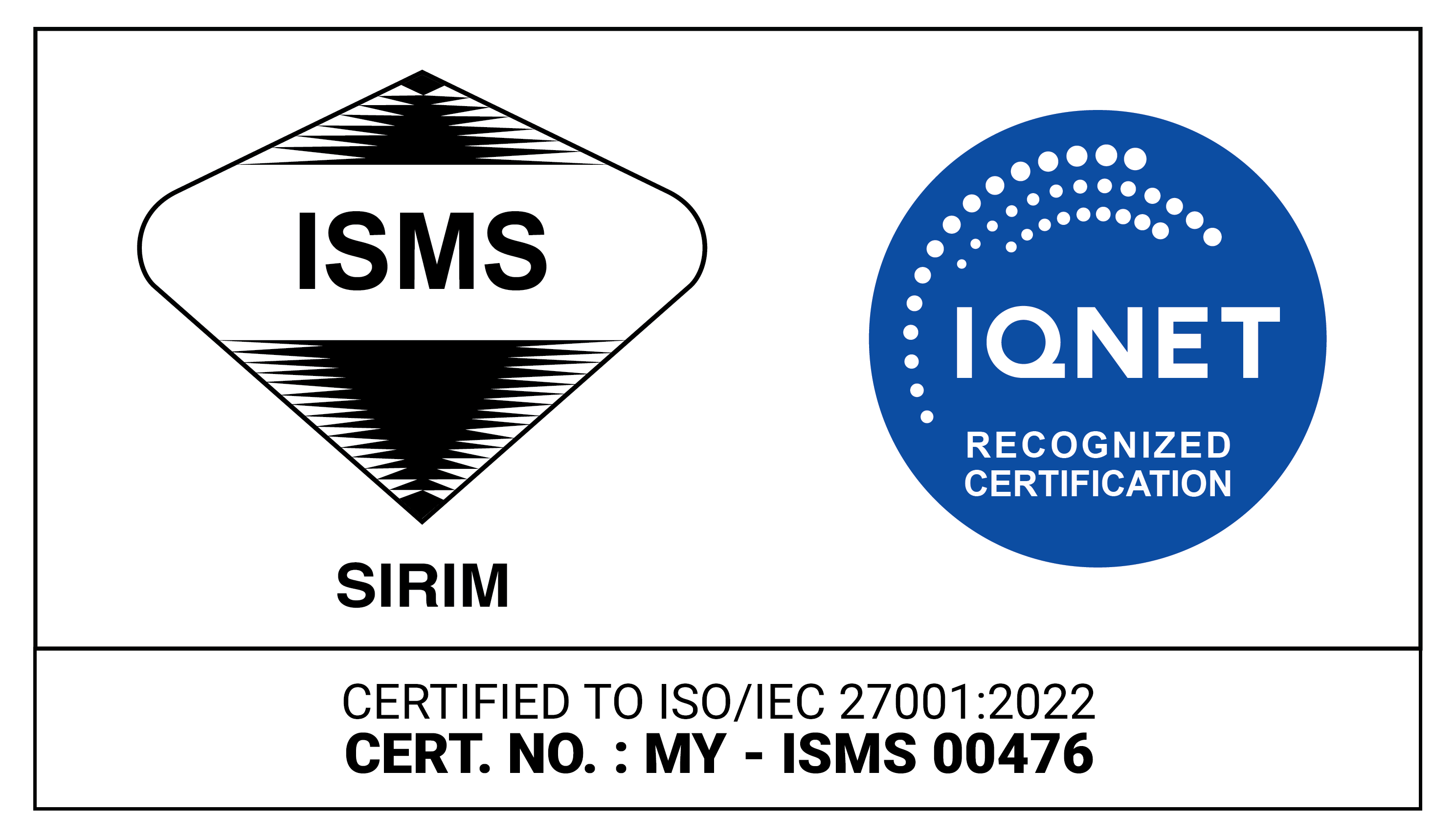Speech by
The Most Honourable Deputy Prime Minister,
Dato’ Sri Fadillah bin Haji Yusof,
Minister of Plantation & Commodities Malaysia
At the Engagement and Luncheon Session with Palm Oil
Industries
9 February 2023
Mandarin Oriental Hotel, Jakarta
His Excellency Dr. (H.C.) Ir. Airlangga Hartarto,
Coordinating Minister for Economic Affairs of Indonesia
Y.B Datuk Haji Len Talif Salleh
Deputy Minister for Urban Planning Land Administration and
Environment, Sarawak
YB Martin Ben
Timbalan Menteri Industri Makanan, Komoditi dan Pembangunan
Wilayah Sarawak
YBhg. Dato’ Haji Mad Zaidi Mohd Karli
Deputy Secretary General to the Ministry of Plantation and Commodities
Mr. Adlan Mohd Shaffieq
Chargé d’Affaires of the Malaysian Embassy in Jakarta
Dr. Rizal Lukman Affandi
Secretary General Council of Palm Oil Producing Countries
1. A very good afternoon and a warm welcome to all the attendees here. I am here in the great city of Jakarta, Indonesia for an official visit. I have had an excellent bilateral meeting with His Excellency Dr. (H.C.) Ir. Airlangga Hartarto which took place earlier this morning and I am looking forward to the rest of the session today.
Ladies and gentlemen,
2. Indonesia and Malaysia are the world’s largest palm oil-producing nations, accounting for 82% of global production and 85%1 of exports volume.
3. Palm oil plays an important role in providing food and employment to a large segment of the population around the world. In 2022, the share of palm oil in the total consumption of oils and fats globally was at 31% compared to 25% for soybean oil and 11%2 for rapeseed oil. This clearly indicates that palm oil is the best option for consumers around the world to get healthy and nutritious oils and fats at the most competitive price.
4. The world population is projected to exceed 9 billion people by 2050 and the world is under pressure to meet global demands for food and fuel. We need crops that are sustainable and productive, and palm oil, being the most productive crop in the world can meet this growing demand and provide the food security that our world needs. Besides providing the oil and fats needed for the world population, palm oil has been found to be versatile in its
1 Palm Oil Economic Review and Outlook Seminar, 2023
2 Palm Oil Economic Review and Outlook Seminar, 2023
applications.
Distinguished guests, ladies and gentlemen,
5. The planting of oil palm, the production of palm oil, and the related industries are important prospects for the economic growth of Malaysia. In fact, the oil palm industry itself has been characterized as the backbone of social and economic development in Malaysia. The oil palm industry in Malaysia provides direct and indirect employment to more than a million people including about 500,000 smallholders, mostly managed as family units. Poverty can be reduced by improving the livelihoods of oil palm smallholders and indigenous people and at the same time promoting environmental protection while embracing economic growth.
6. From the perspective of environmental conservation and preservation, Malaysia has taken various important steps and policies for a more sustainable oil palm industry. This includes efforts and actions taken by the Malaysian government to address global issues such as climate change, reducing greenhouse gas emissions, protecting forests and ecosystems, maintaining high carbon stock lands, and designating high conservation value areas (HCVA), mandatory certification of the Malaysian Sustainable Palm Oil (MSPO), no new oil palm planting in peatland areas, strengthening existing regulations for oil palm planted on peatland, and prohibiting the conversion of protected forest areas for oil palm planting or other agricultural activities.
7. Furthermore, to meet the demands of our palm oil buyers, the government has mandated the MSPO certification programme to ensure the sustainability of our palm oil. The scheme assures
consumers of the sustainability of the Malaysian palm oil and more importantly, it represents a commitment by the government that is serious about balancing economic growth, environmental care and social well being.
Ladies and gentlemen,
8. In November 2021, the European Union introduced the European Deforestation-free Regulation (EUDR) as part of the EU Green Deal, to limit deforestation caused by the consumption of
agricultural commodities and products from around the world. The regulation lists palm oil as one of the commodities that drive deforestation and forest degradation through the expansion of
agricultural land. The implementation of EUDR is expected to have a significant impact on the use of palm oil in the EU, and create a negative image of Malaysian palm oil, which will lead to a reduction in exports to the EU and possibly globally.
9. Malaysia through Malaysian Palm Oil Board has provided technical support and data to defend the Malaysian palm oil industry against the EU regarding specific measures related to palm oil and plantbased biofuels derived from palm oil. There has to be a way for palm oil to be acknowledged for its sustainability work so far. I believe the industry has come a long way and we are committed to adhering to various rules and regulations that have been put in place for vegetable oil in the market.
Ladies and gentlemen,
10. “Bersatu kita teguh, bercerai kita roboh” is a Malaysian quote. It translates into “we are greater and stronger when we stand together, weaker when we don’t”. I want to call on the audience
here, palm oil players for Malaysia and Indonesia to unite and fight against the unfair treatment the industry is facing. I urge everyone to work together and strengthen our cooperation, especially through the Council of Palm Oil Producing Countries to address our concerns. We have to ensure palm oil are treated equally as any other vegetable oil in the market, while at the same time, pushing for transparent and fair reporting on all the sustainability effort by the industry players and stakeholders. It is my hope that through cooperation with Indonesia, we can formulate and implement effective and aggressive action plans to increase awareness of the goodness of palm oil, dispel misinformation about the products, and make sure our voices are heard by the international community.
11. Moving forward, this aspiration and vision need cooperation not just from the government of Malaysia and Indonesia but from the industries as well. As the private sector is the driving force of economic growth, particularly in the palm oil industry, it is of paramount importance for the Malaysian and Indonesian governments to ensure that our industries continue to grow globally and will not be affected by any unreasonable regulations or restrictions.
Distinguished guests, ladies and gentlemen,
12. Given these points, I sincerely hope that we will use the opportunity today to address issues of mutual interest to both Malaysia and Indonesia. I strongly believe there is a great opportunity for strengthening our countries’ relationship in the future.
13. Before I conclude, I would like to record my appreciation to the Secretariat of the Council of Palm Oil Producing Countries for the arrangements today. I would also like to thank everyone for being here. I hope we will continue to have fruitful discussions later. My special thanks and appreciation goes to the His Excellency Dr. (H.C.) Ir. Airlangga Hartarto for his support.
With that, I thank you.
Dato’ Sri Fadillah bin Haji Yusof
Deputy Prime Minister and Minister of Plantation and Commodities
Malaysia








